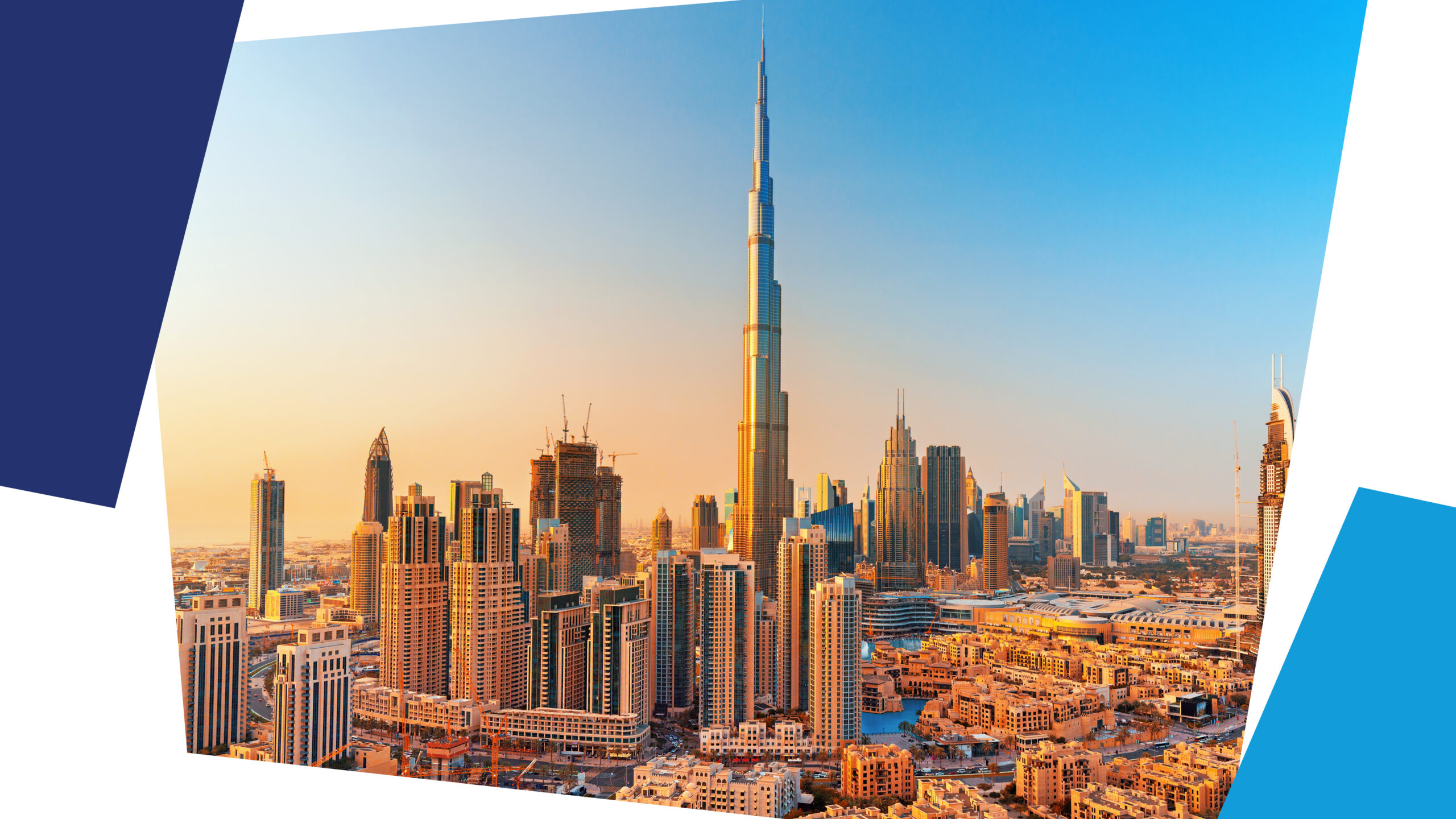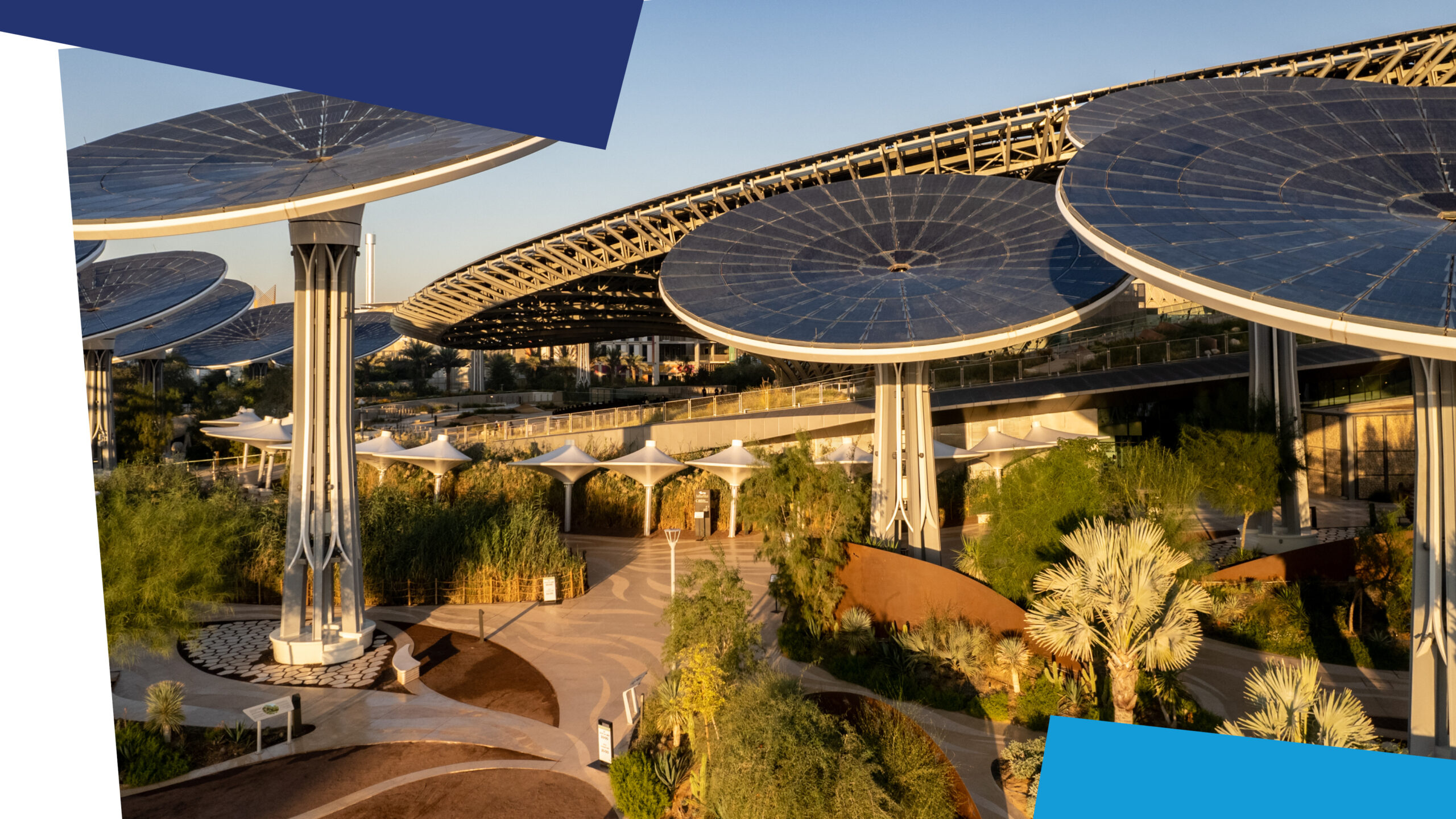
Dr Honoré Gabriel Rasamimanana, Mayor of Antsirabe, explores how the 2025 Asia Pacific Cities Summit can galvanise a shared commitment to resilient, smart and equitable cities – drawing on Antsirabe’s own sustainable transformation.
The selection of Dubai as host city for the 2025 Asia Pacific Cities Summit holds strategic significance for the MEASA region. Encompassing some of the world’s most rapidly urbanising and demographically diverse territories–including my own country, Madagascar–the MEASA region is increasingly central to shaping the future of sustainable cities. Dubai, with its record of bold urban innovation, advanced infrastructure and commitment to global cooperation, stands as a powerful symbol of what is possible when cities invest in inclusive and forward-thinking urban development. For us in Antsirabe, the hosting of 2025APCS in Dubai is not only inspiring–it reflects our shared vision for resilient, smart and equitable urban futures, and it positions the MEASA region as a pivotal actor in global urban discourse.
The 2025APCS represents a critical platform to deepen cross-border cooperation among cities. Today’s urban challenges–climate adaptation, digital inclusion and economic resilience–transcend national boundaries and require collaborative, multi-scalar solutions. This Summit convenes mayors, urban leaders and practitioners who are navigating similar pressures and opens the door for sharing scalable approaches, co-developing pilot projects, and fostering durable networks. As a member of the Global Parliament of Mayors, I view this gathering as an opportunity to elevate local leadership and to co-create pragmatic, people-centered strategies that reflect the realities of cities across the Global South.
In Antsirabe–Madagascar’s second-largest industrial city–we are taking decisive action to build a low-carbon, climate-resilient urban future. At the heart of this effort lies our flagship Urban Greening and Reforestation Programme, underpinned by the “Reducing Carbon Emissions” project. This initiative addresses the local impacts of climate change–urban heat, deforestation and pollution–by advancing reforestation, renewable energy and sustainable practices across sectors. A municipal nursery provides seeds for both public and private planting, and annual tree-planting campaigns actively involve schools, businesses, and residents.
To date, thousands of trees have been planted through robust community engagement and partnerships with NGOs and international allies, including the City of Stavanger. Our local industries are key stakeholders: COTONA donates seedlings and invests in solar and woodchip-based energy; Floreal Knitwear repurposes rice husks to produce biomass briquettes. Many factories operate their own nurseries and monitor annual planting performance. This integrated public-private model demonstrates how cities and industries can co-drive climate action—a model that we believe is both scalable and replicable across the Global South.



